GIA LAI Originating from his passion for clean agriculture , literature teacher Bui Van Duong has succeeded with organic biological products for his gardens.
Looking for bold ideas
Obtaining two university degrees at the same time, a literature pedagogy degree and a bachelor's degree in economics , both of which seem unrelated to the agricultural field, Bui Van Duong (37 years old, living in Ngo 3 village, Ia Ka commune, Chu Pah district, Gia Lai province) is succeeding with the fruit gardens in the area.
“After graduating, I was still young so I was assigned to teach at a school far from home. The salary was low and not enough to cover gas expenses so I decided to quit the job. At first I was very sad, but what could I do!”, Duong shared.

Mr. Duong uses native microorganisms to produce organic microbial fertilizer. Photo: Dang Lam.
Having a small garden, Duong decided to invest in growing coffee like many people in the area. Initially, the garden care regime was traditional as everyone else did, only using chemical fertilizers and pesticides. According to Duong, at first, the trees seemed to grow and develop well. That was also the time when coffee prices were at their peak, so people increased the use of inorganic fertilizers. But after a while, due to having to "eat" too many chemicals, the garden began to decline.
“Deciding to stick with the garden for a long time, I had to find a way to save the coffee and durian gardens that were being poisoned, and the only way was to change farming habits, from inorganic to organic,” said Mr. Duong. With a passion for sustainable agriculture, since 2019, he started to research and study, from which he decided to build a model garden that “says no” to chemicals.
Currently, Mr. Duong has mastered the technology of using biological products to produce organic microbial fertilizers. According to Mr. Duong, the process of producing organic microbial fertilizers is not difficult, even anyone can do it. The initial capital does not need much, just enough to buy raw materials such as fish protein, soybean protein, egg protein, organic potassium, organic phosphorus... Then incubate in large barrels for a certain period of time before it can be used.
“This type of organic fertilizer can be applied, sprayed, watered on plants, or used as fish feed. For plants, fertilizer is put into an economical irrigation system, from here, wherever the water goes, the fertilizer follows, saving a lot of time and effort,” said Mr. Duong.
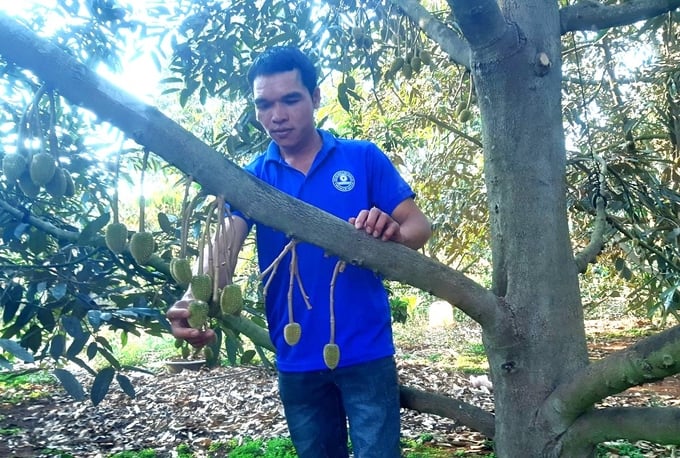
Mr. Duong's family's durian garden "says no" to chemicals. Photo: Dang Lam.
According to calculations, the production and use of this type of organic microbial fertilizer can save 30-50% of costs compared to using chemical fertilizers and pesticides. Especially at times when the price of chemical fertilizers is high, it will save even more.
In addition, using organic microbial fertilizers also contributes to improving the soil and water environment, creating conditions for the development of beneficial microorganisms, thereby controlling diseases in gardens... "As for the effects on the garden, just visit the garden and you will see," Duong said.
Spread to the community
“Once successful, I want to replicate the model to people in the area. However, the difficulty is that it is impossible to change the traditional farming practices of the people at once. At first, some households even applied the model incorrectly, leading to low efficiency, causing people to lose confidence. However, now people have widely applied the model's methods,” said Mr. Duong.
Currently, the movement of using Mr. Duong's organic microbial fertilizer products is no longer strange to the people in the commune, and has even spread to many areas in the district. According to Mr. Duong, it is difficult to count, but there are no less than 1,000 farming households in the district that have successfully applied the production technology and used this organic microbial fertilizer line.
Mr. Duong took me to Mr. Nguyen Van Truong’s house in village 1, Ia Ka commune. Mr. Truong’s family has 2.5 hectares of coffee planted many years ago. Like other coffee gardens in the area, Mr. Truong’s garden used chemical fertilizers from the beginning. And then, the garden gradually deteriorated due to chemical fertilizer poisoning.

Mr. Truong's coffee garden always follows the organic direction. Photo: Dang Lam.
“I have known about Mr. Duong's organic microbial fertilizer products for a long time. During the monitoring process, I saw clear results, so 3 years ago I officially applied this technology to my family's garden,” said Mr. Truong.
According to Mr. Truong, using organic microbial fertilizers helps save costs and care, is environmentally friendly and highly effective. If using chemical fertilizers, each year must fertilize 4 times, make shoots 4 times. While using organic fertilizers, each year only fertilize 5 times (1 time in the dry season and 4 times in the rainy season) and only make shoots 2 times per year, saving half the time to make shoots.
Mr. Truong further explained: “If you apply chemical fertilizers, you must apply them during the rainy season. At this time, the fertilizer dissolves immediately, and the roots will absorb a lot of nitrogen, causing the axillary buds to grow quickly. Therefore, after each fertilization, you must make shoots. If you apply organic fertilizers, the plants “eat” the fertilizer and grow branches slowly. Almost every branch that grows will produce fruit, so you don’t have to spend time making shoots and the yield will not decrease. There is no phenomenon of a good harvest this year and a bad harvest next year like when using chemical fertilizers.”
Taking us to his family's coffee garden, Mr. Truong introduced the garden that is green and lush right in the middle of the dry season in the Central Highlands: "Using organic fertilizer helps the garden stay green all year round, without losing branches or canopy, so productivity and output are maintained every year. In particular, the coffee beans are big, plump and clean."
Going back to Duong’s family’s durian garden, every tree is full of fruit. In addition to coffee, Duong’s family also has nearly 500 durian trees, nearly 500 longan trees, all of which have “turned their backs” on chemical fertilizers, all of which are fertilized with organic fertilizers. This season, the durian trees are bearing young fruit, so much so that they have to be pruned and removed to ensure the quantity of fruit per tree and the quality of the fruit.
Mr. Duong shared: “Now people can make their own organic microbial fertilizer products. During the process, if they don’t understand something, they come to me or Mr. Thien to ask and ask for support.”
The Thien that Duong just mentioned is Nguyen Van Thien in village 1, Ia Ka commune. “In the field of organic microbial fertilizer production, Thien is my "master", my first teacher. From the knowledge that Thien taught me, I have learned more to have the perfect product as today", Duong confided.
From the passion for clean agriculture of a literature teacher, up to now, the coffee gardens and fruit gardens of Ia Ka commune, Chu Pah district are bearing heavy fruits and are very environmentally friendly. Almost every coffee garden, pepper garden or fruit garden has large barrels, in which organic microbial fertilizer products are stored. Small gardens have few barrels, while gardens with many barrels and large plastic cans are large gardens. For farmers here, applying biological preparation technology to produce organic fertilizers has become a movement.
Mr. Nay Kien, Chairman of the People's Committee of Chu Pah district, said: "The district has long had a policy on developing organic agriculture through projects on sustainable agricultural development and high-tech agriculture. Accordingly, criteria such as traceability, environmental protection, economical irrigation, and the use of natural enemies to control pests on crops have been set. For fruit trees, the district encourages people to use environmentally friendly organic microbial fertilizers to ensure clean agriculture."
Source


![[Photo] Prime Minister Pham Minh Chinh launched a peak emulation campaign to achieve achievements in celebration of the 14th National Party Congress](https://vphoto.vietnam.vn/thumb/1200x675/vietnam/resource/IMAGE/2025/10/5/8869ec5cdbc740f58fbf2ae73f065076)
![[Photo] Prime Minister Pham Minh Chinh chairs the Government's online conference with localities](https://vphoto.vietnam.vn/thumb/1200x675/vietnam/resource/IMAGE/2025/10/5/264793cfb4404c63a701d235ff43e1bd)






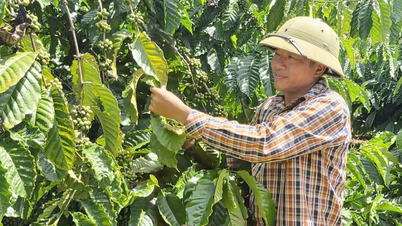

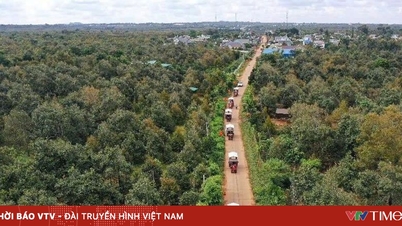

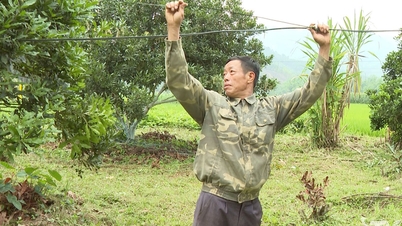



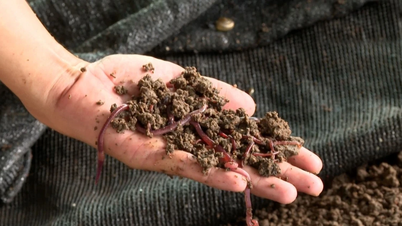



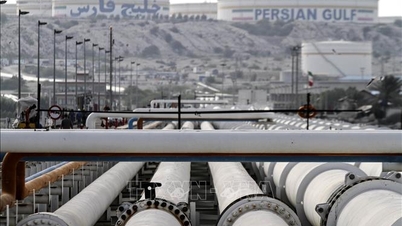


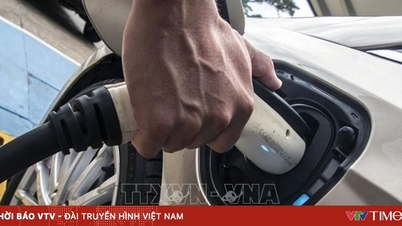
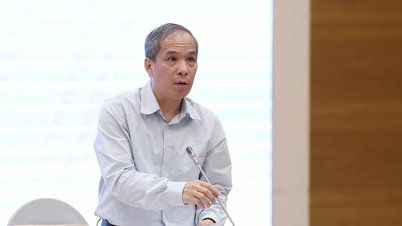







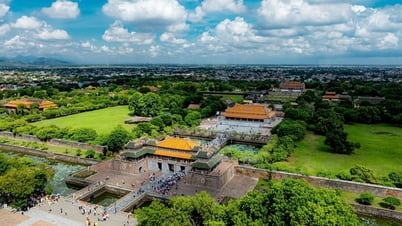

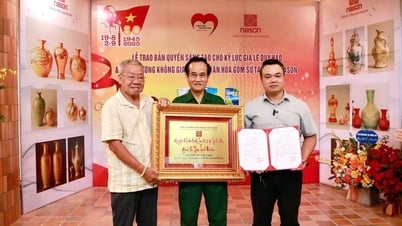




























![[VIDEO] Summary of Petrovietnam's 50th Anniversary Ceremony](https://vphoto.vietnam.vn/thumb/402x226/vietnam/resource/IMAGE/2025/10/4/abe133bdb8114793a16d4fe3e5bd0f12)

![[VIDEO] GENERAL SECRETARY TO LAM AWARDS PETROVIETNAM 8 GOLDEN WORDS: "PIONEER - EXCELLENT - SUSTAINABLE - GLOBAL"](https://vphoto.vietnam.vn/thumb/402x226/vietnam/resource/IMAGE/2025/7/23/c2fdb48863e846cfa9fb8e6ea9cf44e7)















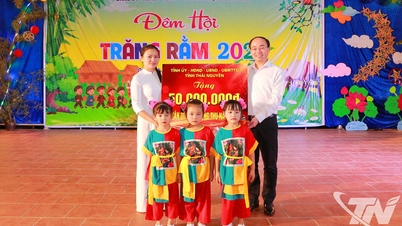

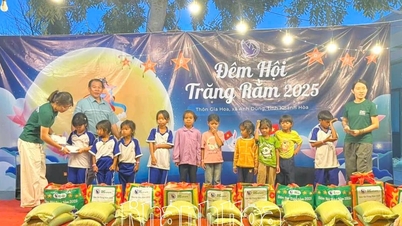


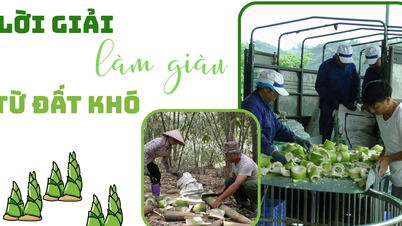













Comment (0)